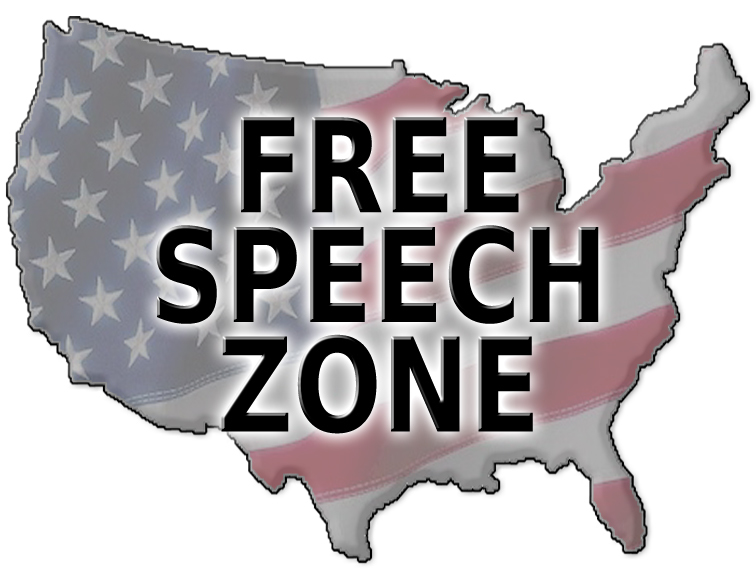I have to admit that when I read Phil’s piece about City Commissioner, Tracy Houck and CDBG funding, I was a little lost. I struggled through it a few times, and really never knew what happened other than the Community Development Council (“CDC”), which allocates CDBG funding, originally voted to recommend to the City Commission that the Paris Gibson Square’s grant request not be funded. Then, apparently there was some sort of inquiry by Commissioner Houck, the vote was changed, and now the CDC has recommended that PGS receive about $27,0000.00 in CDBG funds.
A March 14, 2017, letter from Commissioner Houck to Craig Raymond (the last two pages of this linked .pdf file), the City Planning and Community Development Director, sheds some light on this. In the letter, Houck says that the CDC Chairperson, Harmony Wolfe, was somehow affiliated with PGS (it’s hard to be sure because Houck says in her letter that Wolfe was both an employee and an independent contractor), but left that affiliation under less than amicable circumstances. Apparently Wolfe alleges sexual harassment against an unnamed PGS employee and intends to pursue it in litigation. Houck suggests that PGS and Great Falls Public School staff investigated these allegations, and determined them to be false. I do not believe they have been adjudicated by any independent finder of fact. Houck alleges a “vendetta” by Wolfe, and asserts she should recuse herself for such conflicts of interest.
This letter was on PGS letterhead and was written by Houck as the Executive Director of PGS.
A day earlier, though, Commissioner Houck had emailed Raymond, City Commissioner Bill Bronson, City Manager Greg Doyon, and another member of planning staff (This email can be found in Phil’s post). In this email, Houck complained of conflicts of interest by Mayor Bob Kelly and a NeighborWorks staff person. She makes only a vague reference to Wolfe, despite the fact that the following day she accuses her of a “vendetta.” This email was clearly written as a City Commissioner.
Then, apparently, based on Houck’s complaints of conflicts of interest, on March 16, Greg Doyon emailed Houck and said, in essence, she and Wolfe would have to recuse themselves, and there would be a re-vote to see if PGS would get its funding. It did. (GFDA was also funded, NeighborWorks apparently was not. See p. 68, here).
What helped to figure this out is City Attorney, Sara Sexe’s letter to Commissioner Houck from March 20, 2017 (pages 1 and 2), instructing Houck that she should “not vote or participate in any Commission action or discussion” related to the CDBG grant process.
So, roughly here is what I think we know: Wolfe apparently voted on grant allocations and according to Houck, down voted the PGS application. According to Houck, Wolfe had a conflict of interest in so voting. So Houck contacted the City, to complain about Wolfe’s participation, but was Houck doing so a conflict of interest?
As a result of Houck’s allegations, there was a revote with Wolfe not participating, and under the revote, the CDC awarded PGS its grant money. I can’t suggest that the PGS as an entity should have been unable to complain of a potential conflict simply because its Executive Director is a City Commissioner. Maybe a different PGS employee should have made the Complaint. But this whole thing leaves a number of questions.
First, in her March 13 email to City staff, Houck complains of a conflict of interest on the part of Mayor Kelly. Why was this question not raised earlier, or did she only care when PGS wasn’t funded? And then PGS gets its funding, and we don’t hear another word about that conflict. Does it seem as though Commissioner Houck had more interest in making sure her employer got funding than she did in protecting the public from a conflict of interest that she alleged? (I am certainly not alleging a conflict on the Mayor’s part–I don’t know the details of his relationship with GFDA.)
Second, Houck definitely participated in the discussions related to CDBG contrary to Sexe’s admonitions at the March 20, 2017, work session. Sexe’s letter was dated March 20 and was noted to have been hand delivered. Can we assume it was hand delivered before the meeting? If so, it seems Houck ignored the conflict of interest. I don’t know when she received the letter.
Third, the March 13, 2017, email is concerning. She wrote to City staff about her employer’s business as a City Commissioner. Who was she representing, the voters or Paris Gibson Square?
Here is the City’s Ethical Code. I guess you can be the judge.
Last Question: Where is the local media on this questions?
Crickets..
 One of my biggest concerns about the SJW craziness on college campuses is the current trend to conflate speech, even offensive speech, with violence. Mahler Mali does a great job describing this trend and its sources in this piece. He argues that the humanities, and especially the English majors, lack academic rigor and instead spend (waste?) their time inculcating anti-freedom ideals in their students:
One of my biggest concerns about the SJW craziness on college campuses is the current trend to conflate speech, even offensive speech, with violence. Mahler Mali does a great job describing this trend and its sources in this piece. He argues that the humanities, and especially the English majors, lack academic rigor and instead spend (waste?) their time inculcating anti-freedom ideals in their students:


